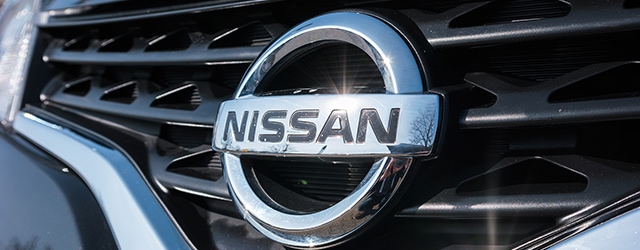Scandal continues to rattle the Japanese automaker.

Has Nissan finally found the right leader to take the company forward? The company is reeling from another pay scandal, less than a year after the one that claimed the scalp of its powerful chairman, Carlos Ghosn. In July 2018, Ghosn, then chairman of Nissan, Renault and Mitsubishi, was being celebrated for turning the three-way alliance he had forged into the world’s largest auto seller. By November 19, he was sitting in a prison cell on the outskirts of Tokyo, accused of underreporting his compensation and putting corporate assets toward his personal use.
Nissan was still absorbing the news from this massive scandal a few weeks ago when its new head, Hiroto Saikawa, announced his resignation following allegations of financial wrongdoing.
The embattled automaker now hopes to put its problems behind it by naming the head of its Chinese business, 53-year-old Makoto Uchida, as its new CEO. The choice of Uchida is at odds with traditional Japanese corporate culture. With a degree in theology from Kyoto’s Doshisha University, Uchida speaks fluent English and has a forthright management style. Unlike most Japanese executives, who prefer to work for just one company their entire life, he joined Nissan mid-career, in 2003.
Uchida now has the unenviable task of repairing both the automaker’s reputation and its financial health. “There is really nothing deeply wrong with Nissan’s fundamentals,” says auto industry expert Mike Rosenberg, a professor of strategic management at IESE Business School in Spain. “True, sales were down about 5% globally last year, but they did grow in China, which is probably one of the reasons why Uchida was chosen.”
Nissan, Rosenberg continues, has a solid fleet of vehicles, strong dealer networks around the world and a good lead in electric vehicles compared with many other manufacturers. “The problem at Nissan is governance and morale,” he says. “The company has been tremendously successful over the last 20 years, thanks to the leadership provided by Ghosn and his ability to keep the company focused on delivering a series of medium-term plans. He built a culture where people ‘do what they say, and say what they do,’ and my perception is that after his removal, there simply was not the same kind of drive from the top.”



